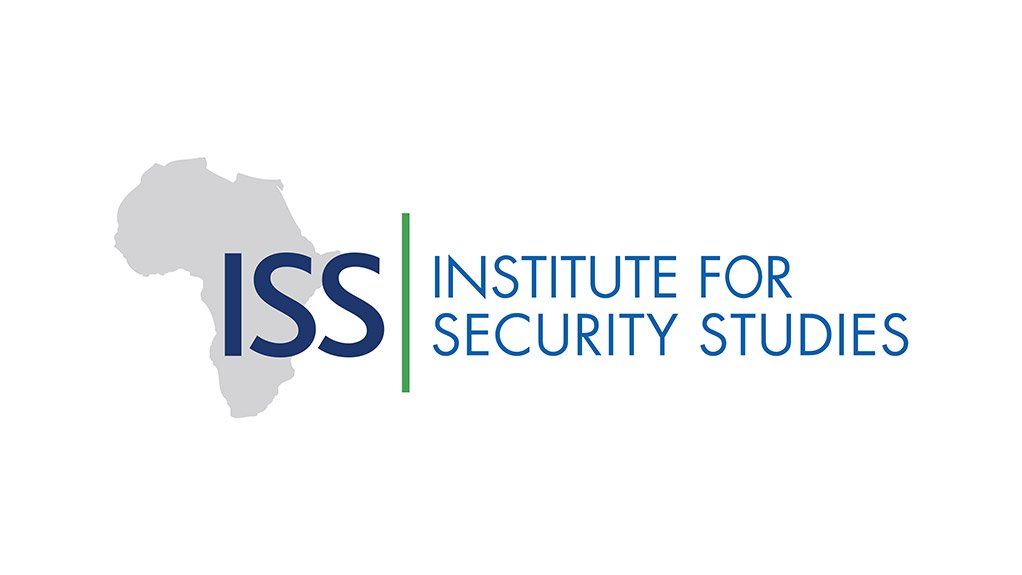The African Union (AU) has marked 2018 as the year for ‘Winning the Fight Against Corruption: A Sustainable Path to Africa’s Transformation’. Anti-corruption activists and organisations across the continent will be happy to hear this. It comes at a time when efforts to ensure greater transparency in government are increasingly paying off, even if there has so far been little success in relation to ruling parties and sitting heads of state in Africa.
The arrest warrant for Malawi’s former president Joyce Banda, issued on 31 July, has made waves inside and outside the Southern African country. Banda, who took over after the death of the controversial Bingu wa Mutharika in 2012, was initially seen as a fighter for women’s rights, good governance and rooting out corruption.
The highlight of Banda’s short presidential term, from April 2012 to May 2014, was the uncovering of the so-called Cashgate scandal, an apparent hacking of the government payment systems to favour fraud and corruption by officials and business people. Now it is alleged that she benefited from the same fraudulent system, or at least didn’t do enough to stop it.
Tracing ill-gotten gains is facilitated by globalisation, the internet and electronic communication
Her supporters say she is being framed, following her announcement that she will participate in fresh presidential elections in 2019. Banda, meanwhile, has vowed to return to Malawi from her self-imposed exile and face the music, confident of her innocence.
For anti-corruption campaigns to be successful, they should not be seen as a political witch-hunt by the new leader in power, but rather a credible effort by independent bodies, answerable to the legislative institutions and not the executive. So while it’s not clear whether the arrest warrant against Banda is politically motivated, the ongoing probe and revelations around Cashgate do say a lot about the advantages of a change in governing party and the potential it has to bring accountability.
In Nigeria, massive corruption has been uncovered by the country’s Economic and Financial Crimes Commission following the presidential win by Muhammadu Buhari in 2015. The latest scandal involves former oil minister Diezani Alison-Madueke, who has been charged with siphoning off millions of dollars in cash from revenues that should have gone into state coffers.
A network of corruption has also been uncovered in the usually tightly controlled Ethiopian bureaucracy. So far 55 government officials, business people and middlemen have been arrested.
In other countries, proceeds of corruption are ploughed back into the economy, not so in Africa
In the cases of Malawi and Nigeria, the fight against corruption has clearly been favoured by changes in government. Small donor-dependent countries like Malawi also experience strong pressure and threats of sanctions by international donors and the International Monetary Fund. In other cases, counter-terrorism and increasing international pressure to trace fraudulent transactions and money laundering have brought corrupt practices to light.
Whereas most African countries rank poorly on Transparency International’s corruption perception index, a few, such as Mauritius and Rwanda, don’t do too badly. An interesting feature of corruption in Africa, however, is that unlike many other developing and developed countries, the continent remains poor while its leaders put their money in overseas banks, buy luxury real estate abroad and their children live it up in the world’s capitals.
Jakkie Cilliers, head of African Futures and Innovation at the Institute for Security Studies (ISS), noted while launching his new book Fate of the Nation that although developing countries elsewhere might have experienced the same levels of corruption as in Africa, the proceeds were ploughed back into the economy rather than stashed offshore.
In South Korea, for example, the heir of Samsung has been jailed for corruption and former president Park Geun-hye has been impeached due to charges involving the same company. Despite this, the country experiences huge economic growth. In South Korea, like elsewhere, the proceeds from corruption were generally reinvested in the economy, thus still greasing growth, Cilliers said.
The list of scandals in which corrupt African leaders have stashed their gains in Europe, the United States or, increasingly, the Gulf States, is long. An ongoing investigation into the way the children of first families like the Bongos of Gabon, the Obiang Nguemas of Equatorial Guinea and the Sassou Nguessos of the Republic of Congo stashed money in property, luxury cars and yachts in Europe also shows the propensity for corrupt leaders to ‘invest’ their proceeds elsewhere.
Will the AU focus on capital outflows by non-Africans or the governments and businesses that enable them?
In a few cases, money has flowed southward to South Africa, like some of former Libyan leader Muammar Gaddafi’s wealth; and to Kenya, through Somali piracy. Most of it, however, has left the continent.
Cilliers says tracing ill-gotten gains is increasingly facilitated by globalisation, the internet and electronic communication ‘that leaves a trace of everything’. This will become even more so if instruments like the Financial Action Task Force, aimed at combating money laundering, become the norm, he says.
It remains to be seen what the AU plans for its discussions on corruption at the 30th heads of state summit in January 2018 in Addis Ababa. Will it focus mainly on outflows by non-African companies or the government and business networks that enable these outflows? The 2015 Thabo Mbeki report notes that up to US$50 billion is lost through illicit flows out of the continent every year.
The AU, which has a responsibility for continental norm-setting, has instruments to fight corruption. So far, 37 of Africa’s 55 countries have ratified the AU’s Convention on Preventing and Combating Corruption that was adopted in Maputo in 2003 and entered into force in 2006.
It is now up to credible anti-corruption bodies, governments and law-enforcement agencies to make sure these norms are adhered to.
Written by Liesl Louw-Vaudran, ISS Consultant
EMAIL THIS ARTICLE SAVE THIS ARTICLE ARTICLE ENQUIRY
To subscribe email subscriptions@creamermedia.co.za or click here
To advertise email advertising@creamermedia.co.za or click here











